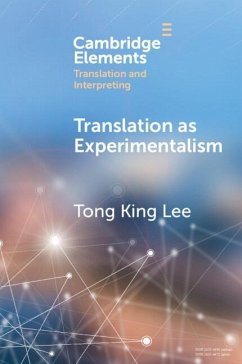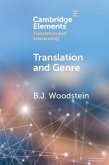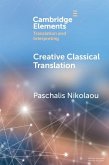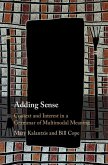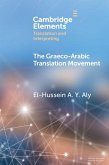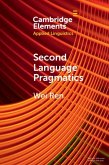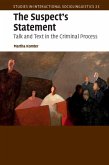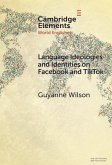This Element argues for a perspective on literary translation based around the idea of ludification, using concrete poetry as a test case. Unlike rational-scientific models of translating, ludic translation downplays the linear transmission of meaning from one language into another. It foregrounds instead the open-ended, ergodic nature of translation, where the translator engages with and responds to an original work in an experimental and experiential manner. Focusing on memes rather than signs, ludic translation challenges us to adopt an oblique lens on literary texts and deploy verbal as well as nonverbal resources to add value to an original work. Such an approach is especially amenable to negotiating apparently untranslatable writing like concrete poems across languages, modes, and media. This Element questions assumptions about translatability and opens the discursive space of literary writing to transgressive articulation and multimodal performance. This title is also available as Open Access on Cambridge Core.
Dieser Download kann aus rechtlichen Gründen nur mit Rechnungsadresse in A, B, BG, CY, CZ, D, DK, EW, E, FIN, F, GR, HR, H, IRL, I, LT, L, LR, M, NL, PL, P, R, S, SLO, SK ausgeliefert werden.

